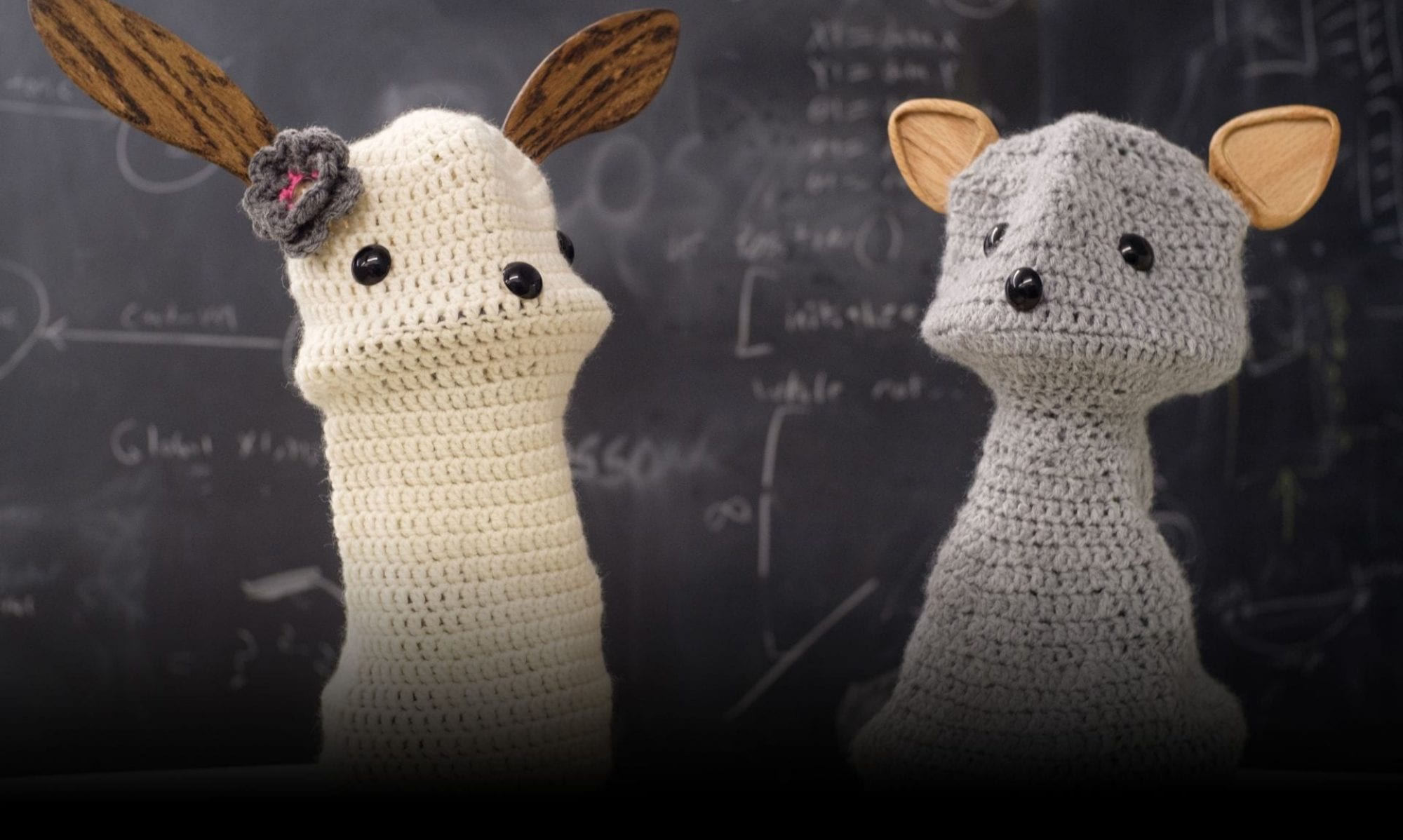Date: 2/16/2023
Speaker: Georgia Chalvatzaki
Location: Zoom
Time: 2:40 p.m.-3:30 p.m.
Abstract: We strive to enable robots to operate in real-world unstructured environments. Robot learning holds the promise of endowing robots with generalizable skills. Nevertheless, current approaches mainly overfit specific task (and reward) specifications. We show that by exploiting the structure of the robotics problems, we can scale robotic performance and introduce algorithmic advances that show promising evidence for further research. In this talk, I will talk about four recent works, in which we couple learning and classical methods in perception, planning, and control and showcase a wide range of applications that could enable broader scalability of complex robotic systems, like mobile manipulation robots, that could learn unsupervised, and learn to act safely even around humans.
Bio: Georgia Chalvatzaki is Assistant Professor and research leader of the intelligent robotic systems for assistance (iROSA) group at TU Darmstadt, Germany. She received her Diploma and Ph.D. in Electrical and Computer Engineering at the National Technical University of Athens, Greece. Her research interests lie in the intersection of classical robotics and machine learning to develop behaviors for enabling mobile manipulator robots to solve complex tasks in domestic environments with the human-in-the-loop of the interaction process. She holds an Emmy Noether grant for AI Methods from the German research foundation. She is a co-chair of the IEEE RAS technical committee on Mobile Manipulation, co-chair of the IEEE RAS Women in Engineering committee, and was voted “AI-Newcomer” for 2021 by the German Information Society.
